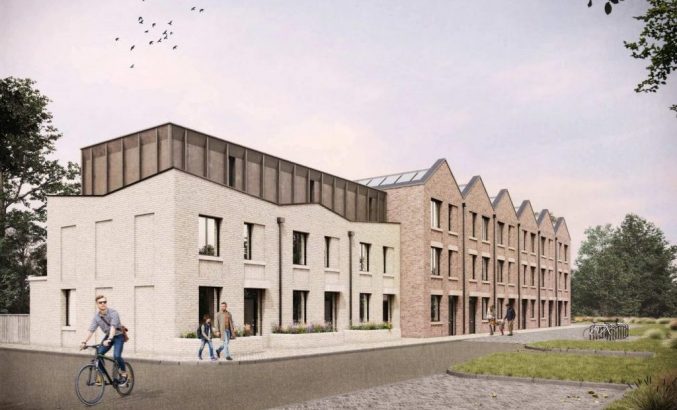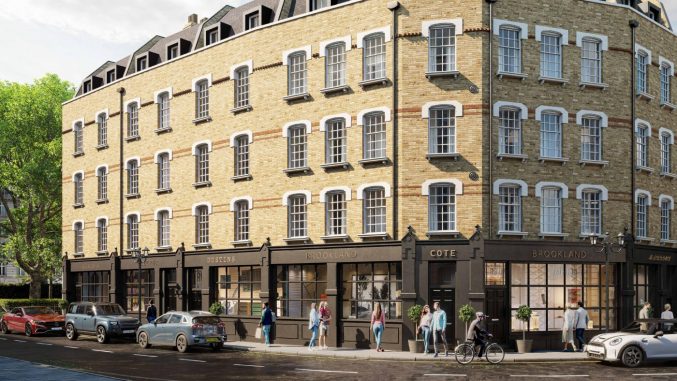Halifax reports flat February house prices with growth warning
By Laura Miller

House prices were flat last month, according to the latest Halifax House Price Index, which comes with a warning from the building society’s managing director to the market – don’t expect a repeat of last year’s record growth.
House prices in February were 0.1% lower than in January. In the latest quarter (December to February) house prices were 0.5% higher than in the preceding three months. Overall house prices were 5.2% higher than in February last year.
The average price of a home now stands at £251,697, according to the Halifax data.
Russell Galley, managing director at Halifax, said the figures represented a softening of demand at the start of the year, and a trend that may continue as Britain enters a two-tier recovery this year.
“Though there is the likelihood of an economic ‘bounceback’ from lockdown, with households less impacted by the pandemic deploying the significant reserves of savings that they have built-up, higher unemployment is likely to limit new buyer demand,” said Galley.
“Therefore, we would not expect the level of growth seen in house prices over the past year to be sustained throughout 2021,” he added.
This week the property market received a significant boost from Chancellor Rishi Sunak in his Spring Budget; an extension of the stamp duty holiday til June, followed by a tapering until September; and a new government-backed mortgage guarantee scheme where homebuyers can purchase with just a 5% deposit.
Gareth Lewis, commercial director of property lender MT Finance, said the Halifax data shows “a sustainable slowing, rather than values falling off a cliff, there is still a desire to transact and if people are less likely to pay over the odds, then all the better”.
He expected the stamp duty holiday extension to help that trend, adding price growth helps capital appreciation for investors but “is hard for those trying to get on the housing ladder, and the 95% mortgages will help stimulate the market, encouraging first-time buyers which allows further transactions to happen up the ladder”.
With more people forced to work from home demand has increased for larger properties and homes outside of cities. “We’ve all become much more aware of our living space, ensuring it meets our remote working needs,” said Nigel Purves, CEO of Wayhome, adding this has created an urgency to climb up the property ladder to find a more suitable home for some
However those hoping to use the government’s 95% mortgage guarantee scheme to buy a bigger property may be disappointed, he said. “Many will find that their household income falls short of the criteria which lenders use to grant that mortgage, even if they can afford the deposit or a similar amount in rent each month.”
Jeremy Leaf, north London estate agent and a former RICS residential chairman pointed out the Halifax report contradicted data from Nationwide earlier in the week that showed prices continuing to rise. “When it became clear from Budget leaks there was a good chance of the stamp duty concession being extended and further support for higher loan-to-value mortgages, the market perked up and gained in confidence,” he said.
He anticipated more much-needed stock coming to the market as sellers feel more confident letting people into their homes, which has been reflected in an uplift in market appraisals and property enquiries.
Mark Harris, chief executive of mortgage broker SPF Private Clients, said he has already seen a flurry of enquiries from those who were planning to utilise the Help to Buy scheme but who are now keen to buy older housing stock rather than new-build options. “With the big lenders confirmed as offering the first 95 per cent products, we look forward to seeing terms and pricing sooner rather than later,” he said.

Laura Miller is a freelance journalist who writes about money and business. She regularly appears in UK national and trade newspapers and magazines, and has previously worked for ITV News and the Telegraph among others. Find her on twitter @thatlaurawrites










You must be logged in to post a comment.